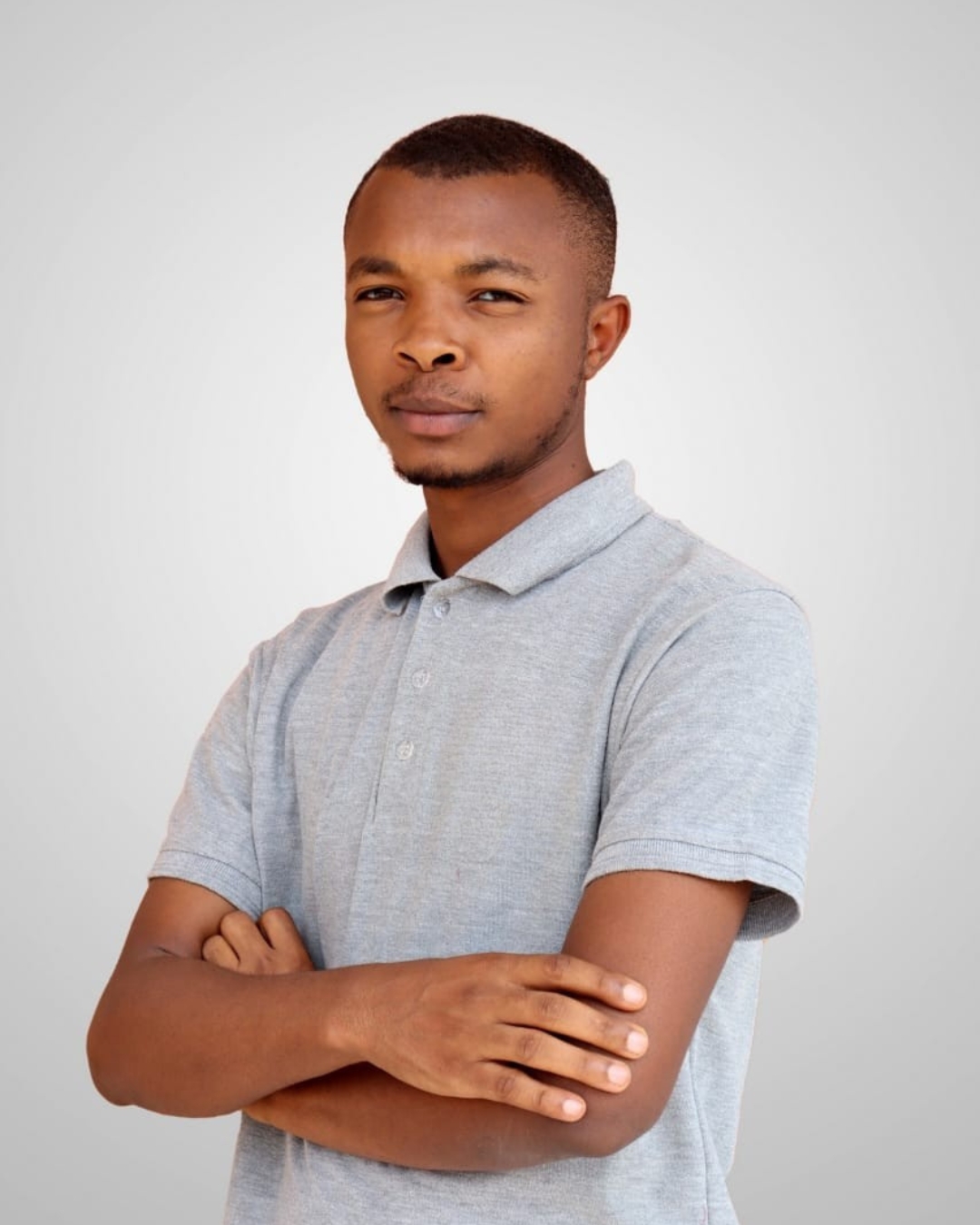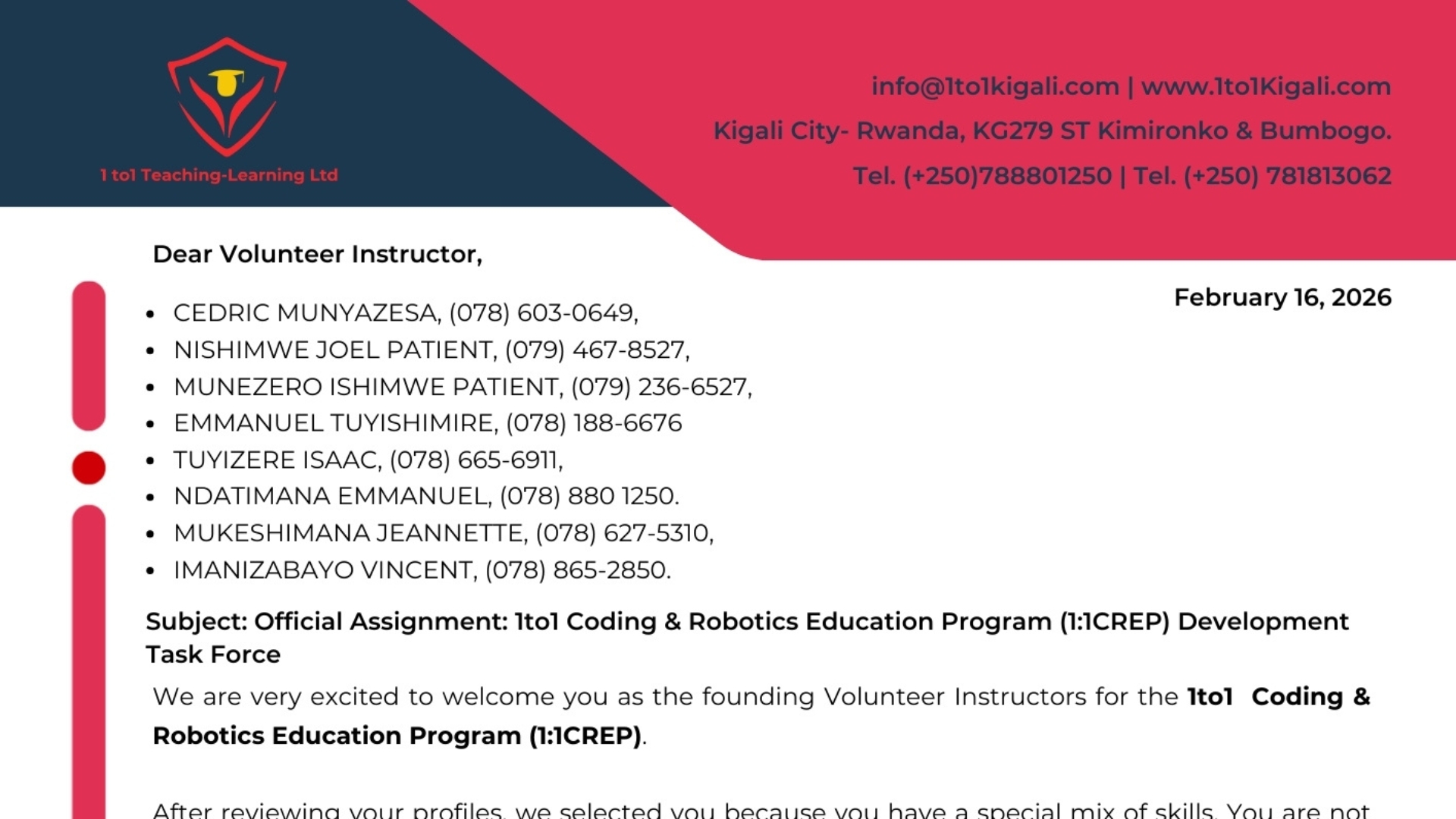As classrooms across Rwanda prepare to honour educators, the world once again pauses to celebrate World Teachers’ Day—observed every 5th of October since 1994—under the theme “Recasting Teaching as a Collaborative Profession.” The day, organized globally by UNESCO, ILO, UNICEF, and Education International (EI), is more than a celebration. It is a reminder that the future of education depends on how society values, empowers, and supports its teachers.
A Day Rooted in Global Solidarity
World Teachers’ Day was established by UNESCO to commemorate the 1966 ILO/UNESCO Recommendation concerning the Status of Teachers, a landmark document defining teachers’ rights, responsibilities, and professional standards. The 2025 celebration marks nearly six decades since that declaration, and yet, the same call echoes stronger than ever—teachers need more collaboration, support, and recognition.
In a joint statement, the co-conveners emphasized:
“On this World Teachers’ Day, UNESCO, ILO, UNICEF, and Education International call on governments, partners, and the international community to make a collective commitment to ensuring that collaboration is recognized as a norm within the teaching profession.”
(UNESCO, 2025)
According to UNESCO, many education systems still leave teachers working in isolation, facing fragmented structures and limited professional support. These realities, experts warn, directly affect the quality of teaching and the morale of educators worldwide.
Rwanda’s Commitment to Empowering Teachers
In Rwanda, Teachers’ Day holds deep meaning. The Ministry of Education (MINEDUC) and the Rwanda Basic Education Board (REB) are coordinating nationwide activities that celebrate and recognize teachers’ contributions to learning and national development. While the 2025 national ceremony has not yet been held, preparations are ongoing across districts and schools.
Each year, Rwanda’s Teachers’ Day events include awards for outstanding educators, dialogues on professional growth, and cultural performances that reflect teachers’ role in building the nation. The Ministry of Education has reaffirmed that this year’s observance will emphasize teamwork, innovation, and community-based teaching practices aligned with the UNESCO theme.
A recent MINEDUC press release highlighted that empowering teachers remains central to achieving quality education for all. It noted that professional collaboration, mentorship, and the use of digital tools are “key pillars of teacher effectiveness and learner achievement” in Rwanda’s ongoing education reforms.
A Global Theme with Local Meaning
The 2025 theme — “Recasting Teaching as a Collaborative Profession” — resonates deeply with Rwanda’s education priorities. Collaboration is already at the heart of national programs such as Communities of Practice (CoP) and School-Based Mentorship (SBM), where teachers regularly share experiences and teaching strategies.
UNESCO explains that collaborative teaching not only enhances classroom innovation but also strengthens teachers’ mental well-being and retention. Globally, a 2024 UNESCO Institute for Statistics report revealed that more than 44 million new teachers are needed by 2030 to meet Sustainable Development Goal 4 (Quality Education), with sub-Saharan Africa requiring the largest share.
In Rwanda, where the teacher-student ratio remains higher than the international average, fostering collaboration among teachers could help bridge gaps in experience and resources. Peer learning, mentorship, and the integration of digital teaching platforms have proven especially effective since the COVID-19 pandemic.
Regional Context: East Africa’s Shared Challenges
Across East Africa, teachers face similar realities. A 2024 joint report by UNESCO Nairobi Office and Education International Africa found that teachers in Kenya, Uganda, and Tanzania expressed comparable challenges — low pay, limited collaboration opportunities, and increasing workloads.
However, new regional initiatives such as the Pan-African Conference on Teacher Education (PACTED), hosted this year in Addis Ababa, aim to strengthen teacher cooperation frameworks across the continent.
This year’s global commemoration is being held in the context of PACTED, under the coordination of UNESCO and the African Union, reinforcing Africa’s growing leadership in shaping the future of the teaching profession. Rwanda is expected to participate in the regional dialogues and share its experiences in promoting peer-led professional learning.
The Reality: Teachers at the Heart of Education Reform
While international commitments set the tone, the reality on the ground often tells a different story. Many Rwandan teachers continue to face classroom overcrowding, limited resources, and career advancement challenges. Yet despite these obstacles, they remain resilient and passionate about their work.
Primary school teacher Claudine Mukamana, from Nyagatare District, reflected:
“Teaching is not easy, but when you see your learners achieve, it gives you the energy to continue. I am proud to be a teacher, even when the work is tough.”
Her words reflect the spirit of many educators across Rwanda—teachers who persevere through challenges and continue to shape young minds with dedication and love for learning.
Education Data: Teachers’ Central Role in Rwanda’s Growth
According to Rwanda’s Education Statistical Yearbook (2024), the country has over 68,000 teachers across pre-primary, primary, and secondary schools, with 56% being women. Despite this progress, rural schools still experience higher teacher turnover rates due to resource gaps and living conditions.
UNESCO data show that Rwanda’s literacy rate has surpassed 77%, supported by the expansion of free basic education and sustained teacher training reforms. The University of Rwanda – College of Education, along with Teacher Training Colleges, continues to produce skilled educators equipped for the country’s Competence-Based Curriculum (CBC).
However, experts note that sustainable progress depends on building more collaborative systems for teacher growth. Educational analyst Prof. Sylvestre Nzahabwanayo from the University of Rwanda explains:
“Teachers learn best from each other. Professional communities, mentorship, and digital collaboration are not luxuries—they are necessities for modern education.”
Global Voices: A Shared Call to Action
Worldwide, educational leaders are urging renewed investment in teachers. In her 2025 message, UNESCO Director-General Audrey Azoulay stated:
“The future of learning depends on how we empower teachers to work together—to share, co-create, and support one another.”
(UNESCO, 2025)
Similarly, David Edwards, General Secretary of Education International, warned that policymakers must take tangible steps:
“We cannot expect transformation in education without transforming how we value and support the teaching profession.”
These global calls align with Rwanda’s long-term education vision under Vision 2050, which emphasizes human capital development as the foundation for inclusive and sustainable growth.
The Magnitude of the Challenge
UNESCO estimates that the world still faces a shortage of millions of teachers, particularly in Africa, where student populations are growing fastest. Challenges such as low salaries, limited training opportunities, and the lack of professional networks discourage many young people from joining the profession.
For Rwanda, implementing a competence-based curriculum requires teachers who are not only skilled but also empowered to collaborate, mentor, and innovate. Bridging this gap demands ongoing investment in teacher training, infrastructure, and professional development.
Looking Ahead: From Isolation to Collaboration
As the world celebrates World Teachers’ Day 2025, the central message is clear: teaching must evolve from isolation to collaboration.
The UNESCO theme captures a universal truth—that collective strength among teachers leads to better learning outcomes, greater job satisfaction, and stronger education systems.
For Rwanda, this means reinforcing mentorship networks, expanding digital collaboration tools, and deepening appreciation for teachers as the nation’s builders of knowledge and values.
As national celebrations approach later this month, schools and communities across the country are expected to honour their teachers through dialogue sessions, recognition awards, and cultural tributes. And as UNESCO reminds us:
“When teachers thrive, nations rise.”




